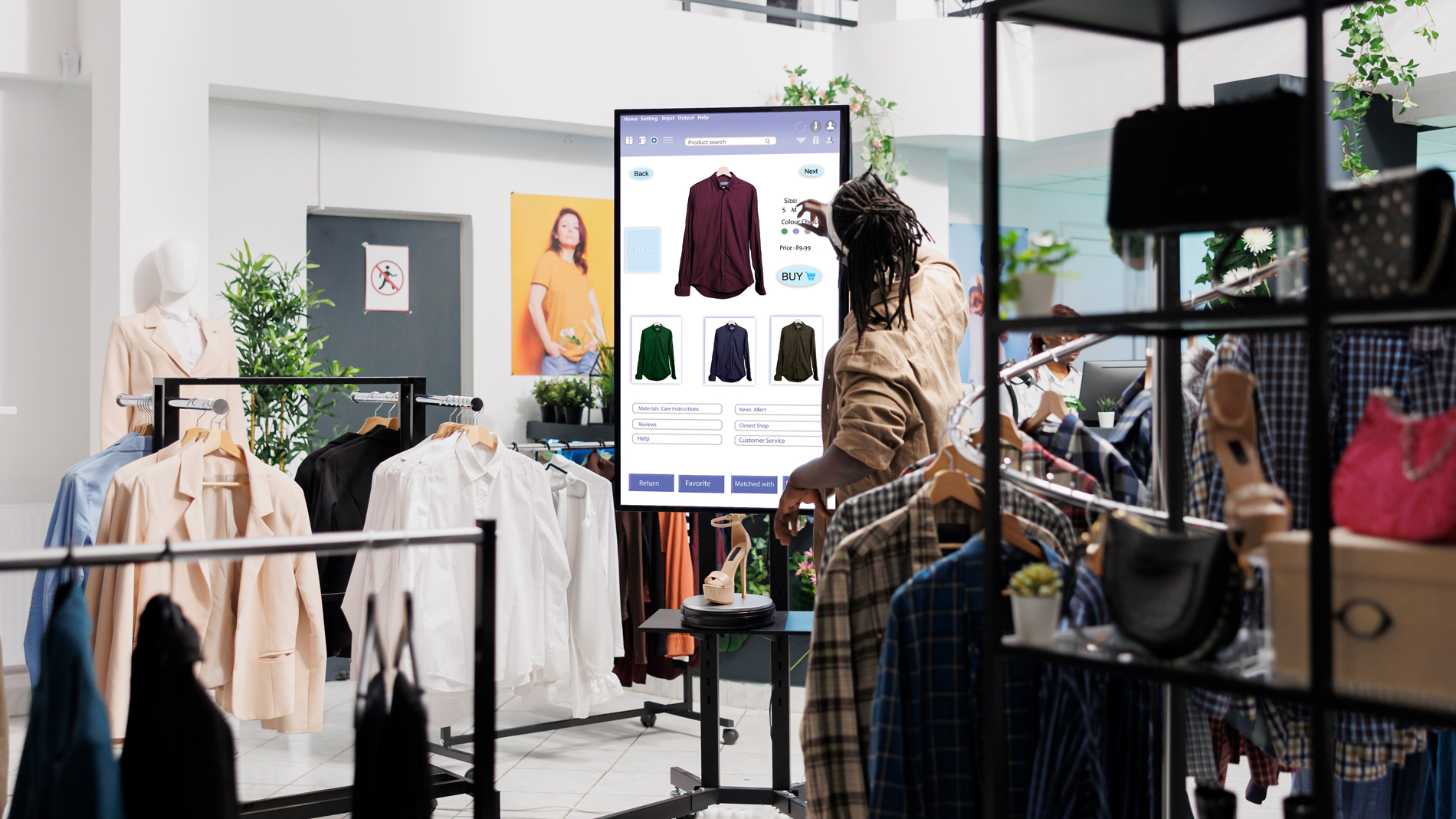The RETAIL sector is constantly evolving, and companies that do not adapt to new technologies will be left behind. In this context, data and artificial intelligence (AI) are presented as two fundamental tools for the future of RETAIL.
The power of data
Data is the most valuable asset in the modern retail era. It is no longer just about selling products, but about deeply understanding customers and their needs. This is where the power of data comes into play. Companies that can collect, analyze and use data effectively have a significant competitive advantage.
The data can be used to:
- Better understand customers: their needs, their preferences, their purchasing habits.
- Personalize the shopping experience: offer each customer what they really want and need.
- Optimize operations: improve inventory, logistics and supply chain management.
- Make smarter decisions: based on facts and not intuition.
Artificial intelligence as a tool
Artificial intelligence (AI) represents a significant technological advance that is transforming various sectors, including Retail. This technology allows machines to learn and act intelligently, opening a range of possibilities to improve the customer experience and optimize business operations in this sector. AI can be used to:
Create more personalized shopping experiences: chatbots, product recommendations, augmented reality.
Automate tasks: Automating tasks is essential to improve efficiency and productivity in the retail sector. Artificial intelligence (AI) offers innovative solutions to automate a variety of tasks, from inventory management to customer service and data analysis.
Detect Fraud: Fraud detection is a major concern for retail businesses, which can face significant losses due to fraudulent activities. AI can play a crucial role in fraud detection and prevention, using advanced algorithms to analyze customer behavior and detect suspicious anomalies.
Optimize pricing: Pricing is a critical aspect of success in retail, and AI can help businesses optimize their pricing strategies effectively. By analyzing real-time data such as product demand, competition, and market conditions, AI algorithms can determine optimal prices to maximize revenue and profitability.
Examples of companies that are using data and AI
- Amazon: uses AI to recommend products to its customers, optimize its logistics and predict demand.
- Walmart: Uses AI to automate tasks in its stores, such as inventory control and product replenishment.
- Alibaba: Uses AI to create personalized shopping experiences for its customers, such as facial recognition and mobile payments.
Other examples:
- Netflix: Netflix uses AI to recommend movies and series to its users. This has allowed Netflix to increase customer satisfaction and improve user retention.
- Spotify: Spotify uses AI to recommend music to its users. This has allowed Spotify to increase customer satisfaction and improve user retention.
- Airbnb: Airbnb uses AI to recommend accommodations to its users. This has allowed Airbnb to increase customer satisfaction and improve accommodation occupancy.
In conclusion, the future of retail is intrinsically linked to the intelligent use of data and technologies such as artificial intelligence. Companies that can leverage these tools effectively will be better positioned to meet changing customer demands and stay competitive in an ever-evolving market.
If you are looking for the perfect team to help you develop an+ effective website, we are also here to help you. Also, Contact us today to learn more about our Virtual Store Design services.













